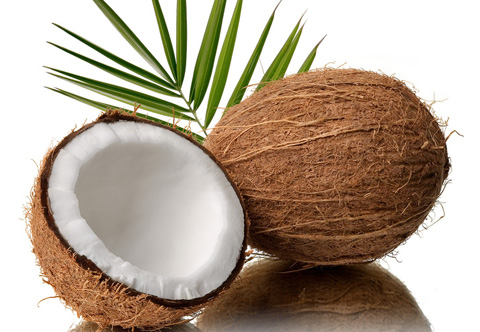COCO PEAT
Material for Coco Peat.
With the ever-rising population and decrease in cultivable land, Intensive farming with excessive use of fertilizers and pesticides is already taking a toll on the environment and increasing the intake of chemicals in our day to day ood. Drive towards Organic farming and eco-friendly methods are not only sustainable but a safe alternative. Coco peat plays a vital role as part of hydroponic farming and a catalyst to switching to bio-degradable mediums for plant growth.
EA Cocopeat - Process
EA Cocopeat is a superior grade of coir fibre manufactured from the processing of coconut husks. The shorter fibres of coir
pith (typically 5mm or less) are used as a direct growing medium and replacement for the disturbance of naturally occurring
peat wetland ecosystems. During processing, a stringent quality management program is adhered to ensuring EA Cocopeat is
consistently produced to a set of Quality Standards. Usually shipped in the form of compressed bales, briquettes, slabs or discs, the end user usually expands and aerates the
compressed coco peat by the addition of water. A single kilogram of coco peat will expand to 15 litres of moist coco peat.
Advantages:
High water holding capacity
High degree of consistency and long lasting (up to 5 years)
Holds moisture longer and releases slowly
Excellent drainage and air porosity
Ideal pH, high Cation Exchange Capacity (CEC) and low EC
Never packs and easy to rewet
Inhibits root pathogens such as Pithium and Phtothora
Promotes more elaborate and stronger root systems
No weed seeds
Cost effective and recyclable
In horticulture, coir is a strongly recommended substitute for sphagnum moss because it is free of bacteria and fungal spores and produces good results without the environmental damage caused by peat mining. Coir is also useful to deter snails from delicate plantings.
Contact us for arranging the Eco Tours for your group at coco@enviroapps.com



